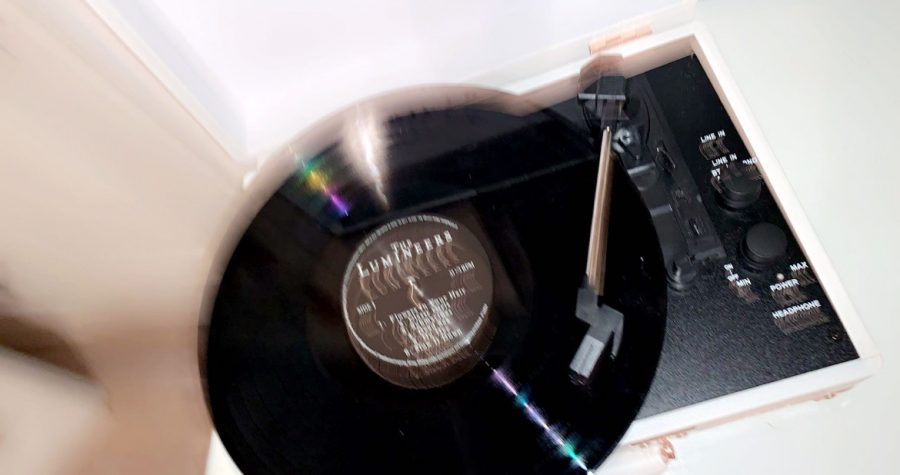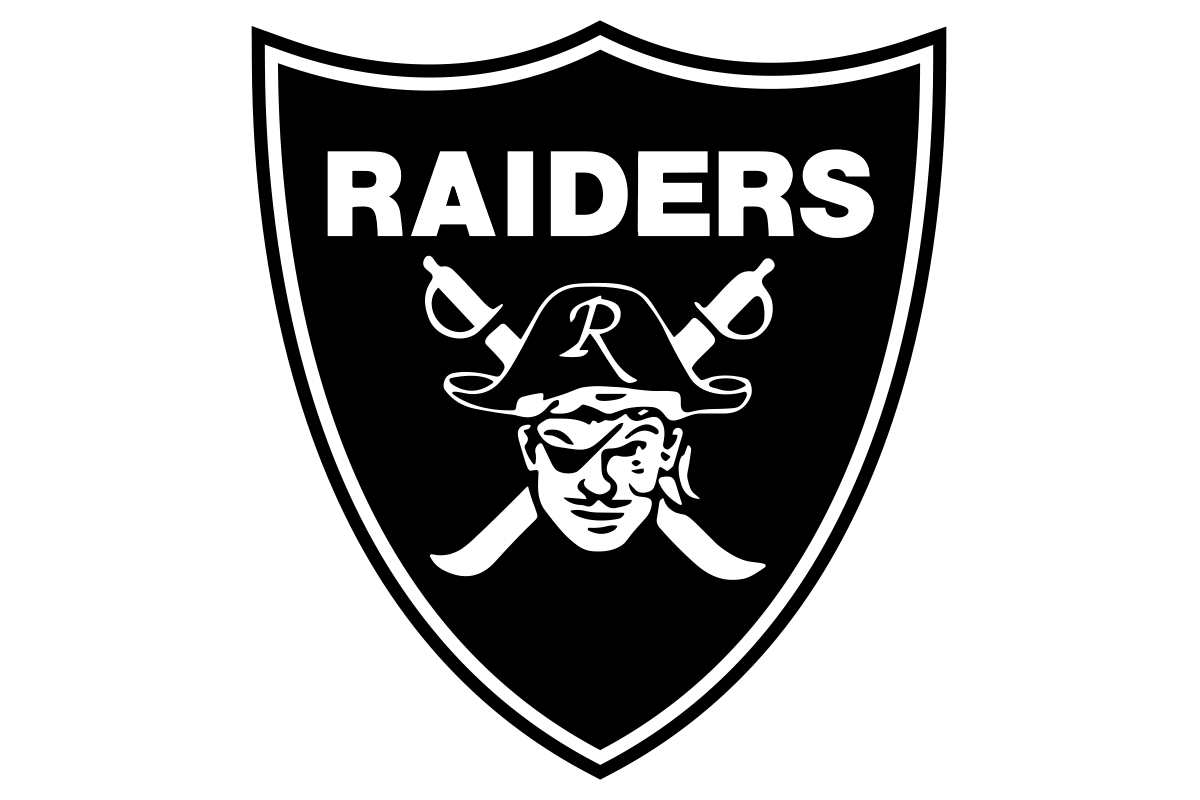In an April 2012 article by the New York Times Magazine, writer Siddhartha Mukherjee delves into the mysterious mental condition that is depression, reporting that now scientists refute the idea that a chemical imbalance in the brain is the main cause of depression. Perhaps what caught my attention, though, was a startling statistic—49 percent of Americans are estimated to have undiagnosed depression.
The idea that nearly half of all Americans are depressed is unsurprising, to say the least.
Back in the caveman days of the Homosapien species, depression was vital to the continuation of the species. One person was chosen to watch over the camp during the night, forming the complication we know now as insomnia, which is proven to cause depression. Without the watchman, predators or competitor tribes could attack and take their supplies. Fast forward 200,000 years or so, and now between a lack of conventional bedtimes and the stressful circumstances required to stay alive and make money, it is no wonder depression continues to exist.
Bills, debt, long work hours and an unstable economy make the average human’s stress level far higher than it was meant to be. From an early age, children and teens are expected to meet rigorous educational standards, challenging the brain and often contributing to feelings of worthlessness, hopelessness, and a legitimate reason to lose sleep. We rely on far more than our primitive ancestors to stay alive, with additional stressors of the modern world like money, family, and education. This is just a modern example to show that depression is prevalent because we need its basis to continue to thrive as a species.
Are anti-depressants becoming the new multi-vitamin? According to the New York Times Magazine article, “in 1988, a year after the Food and Drug Administration approved Prozac, 2,469,000 prescriptions for it were dispensed in America. By 2002, that number had risen to 33,320,000.” From this statistic alone, it seems like the norm may become that Americans take a morning happy pill along with a glass of orange juice. However, according to a fact sheet by the Uplift Program, a program designed by mental health professionals to help people with mental disorders, 54 percent of Americans consider depression to be a personal weakness, even after all the studies have been done to show just how many factors go in to diagnosing this strange mental disorder. Thus the problems of lack of awareness and denial hinder half of Americans who have this disease but refuse to acknowledge it or have no resources to do so.
Walk into a room and count the number of people who are smiling. This personal survey alone can rebut the ideas those opposed might have about depression and the American population. Currently, there are three out of twelve where I am. When combined with the facts—that humans have more reasons to stress than ever before—the idea that about half of Americans have depression is not a surprising one.
Depression is a valid mental disorder that most Americans have—whether they choose to acknowledge it or not. However, the causes are logical and easy to understand. The fixes, however, involve overall awareness and lifestyle changes to slowly turn the trend around.
Article link: http://www.nytimes.com/2012/04/22/magazine/the-science-and-history-of-treating-depression.html?pagewanted=all
Depression statistics: http://www.upliftprogram.com/depression_stats.html






